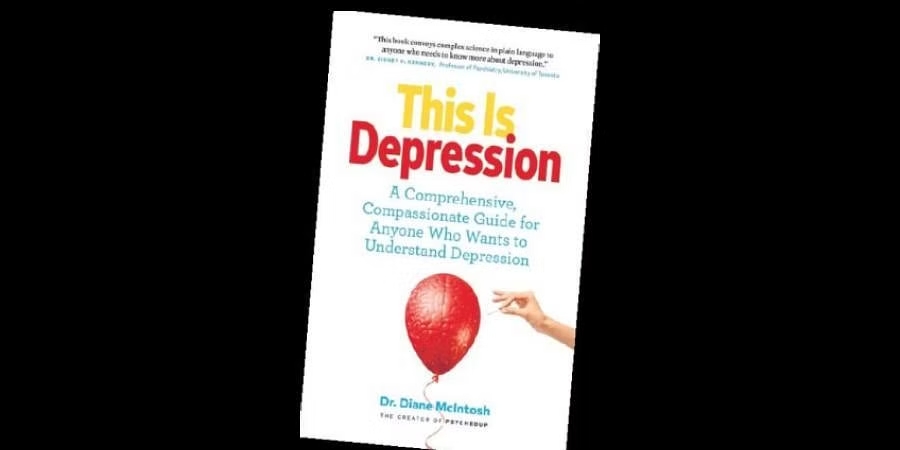Keeping a healthy mind

One of the most important lessons I learnt from Aparna Piramal, author of Chemical Khichdi, was to ‘separate the person from the illness’. In Chemical Khichdi, Piramal, who has been wrestling with bipolar disorder for years, presents a helpful pathway to those with a mental health condition and their loved ones. The book offers the message that one can live and thrive with a severe disorder. Another book that captures the struggles with the manic highs and depressive lows of bipolar disorder, and its impact on caregivers, is Jerry Pinto’s Em and Big Hoom.
Mental illnesses have been around for as long as humans have. Our society is only now beginning to understand the importance of discussing mental health. When actor Deepika Padukone spoke about her struggles with depression, it brought the topic to the mainstream. The numbers are depressing. Globally there is a suicide every 40 seconds; in India it is every 17 seconds. India has one-third the world’s cases of depression, alcoholism and suicides, while only 0.6% of our overall health budget is dedicated to mental health. About 60-70% of those in jails have a mental health problem, which indicates that early intervention could have nipped crime in the bud.
In a survey on mental health in the workplace (conducted in 2019, with 829 respondents whose average age was 30 and most of whom had full-time jobs), one in two people answered yes to the question on whether they had a mental health issue – anything from worry and stress to diagnosed illnesses such as anxiety and depression. Two out of three said they knew someone at their workplace with a mental health issue; however, most of them said they rarely or never discussed mental health among themselves (some of these discussions have just started in major corporations). A report by the WHO estimates that depression and anxiety disorders cost the world economy US$ 1 trillion annually in lost productivity.
Mental health impacts every aspect of our lives, affecting how we think and feel, guiding us in our decisions and governing how we act around other people. Poor mental health also directly affects our physical health, making us more susceptible to certain chronic physical conditions.
The deeply-researched book This is Depression by psychiatrist Dr Diane McIntosh is considered the go-to on this topic. She takes readers through common causes of depression, how it is diagnosed and the many possible treatment options. For a more scientific understanding of depression, Siddharth Mukherjee’s new book The Song of the Cell examine show depression could possibly be traced to abnormalities in neurons in the brain.
I recently met someone suffering from long-term effects of past trauma, which led me to read the New York Times bestseller The Body Keeps the Score by renowned trauma expert Bessel van der Kolk. The book offers a bold new paradigm for healing. Trauma is all-pervasive: veterans and their families deal with the painful aftermath of combat; one in five Americans has been molested; one in four grew up with alcoholics; one in three couples have engaged in physical violence.
This insightful book transforms our understanding of traumatic stress, revealing how it literally rearranges the brain’s wiring. Dr Bessel shows how these areas can be reactivated through innovative treatments including neurofeedback, mindfulness techniques, play and yoga.Sometimes, the worst place you can be is in your head! And there should be no shame in discussing mental illness and seeking support and intervention.

